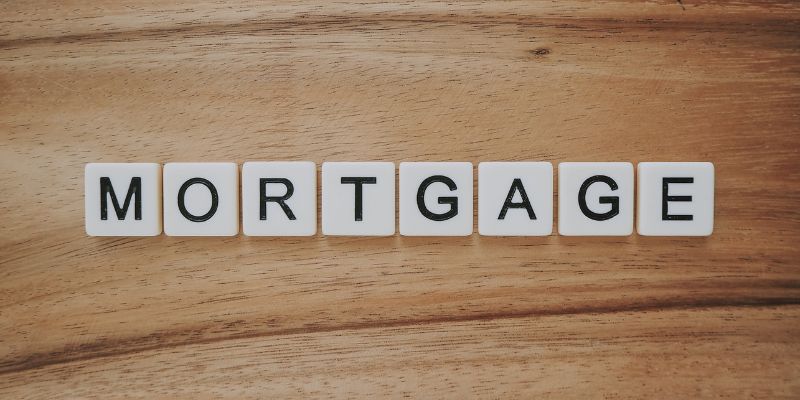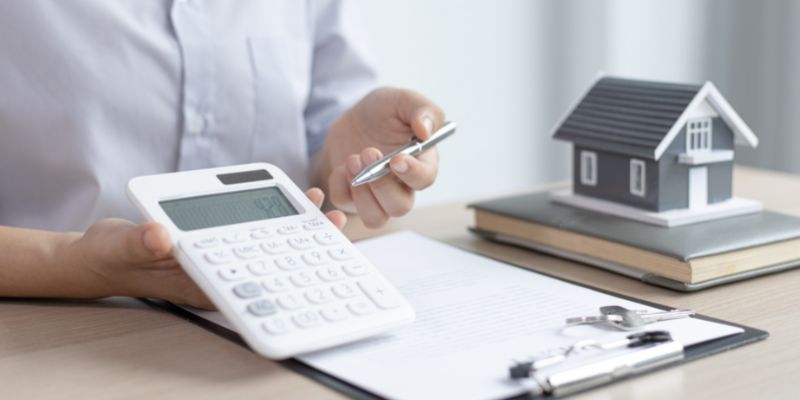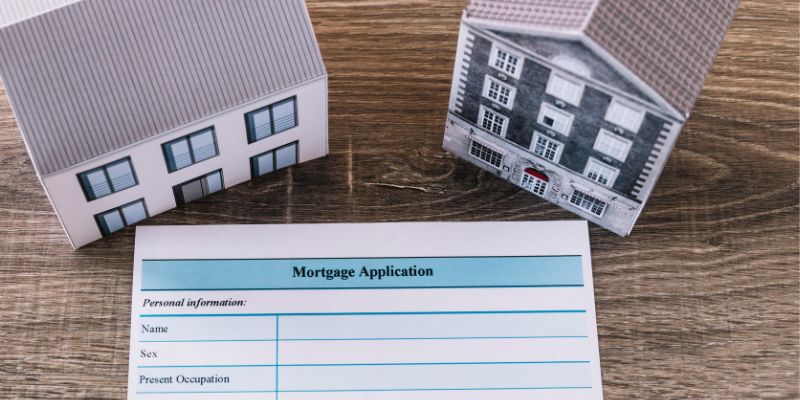If you already have a loan secured by your house, you can get a second mortgage by borrowing against your home's equity. Some people turn to second mortgages when saving up for a house's down payment. Some people do it to get their homes fixed up, while others use the money to eliminate debt.
A choice of this magnitude can have far-reaching consequences and should not be made carelessly. Knowing what to expect, how to proceed, and how a second mortgage could affect your finances is important.

What Is Second Mortgage?
You can get a second mortgage, with the equity in your property as the security for the loan. The equity you have developed in your home as a result of either principal payments or appreciation can be used in several ways.
The primary goal of a first mortgage is to provide financial assistance to acquire a residence. You are free to put the money from a second mortgage toward any objective that you consider appropriate.
If you cannot keep up with payments on either of your mortgages, the lender retains the legal right to foreclose on your property to recoup any losses they may have sustained. Your original interest rate on the mortgage will not be affected at this time.
Your standard monthly payment will double as a result of the fact that you intend to get a second mortgage in addition to the one you already have. If you need a significant amount of money in a very short period, a second mortgage could be a better option for you to explore than a personal loan or using your credit card.
How Does A Second Mortgage Work?
In addition to the payment you make each month on your primary mortgage, you will also be responsible for making payments on your second mortgage. You will be required to make individual payments to each lender if you receive the primary and secondary mortgage from two organizations.
You will begin to build equity in your house as you continue to make payments on both loans. When determining whether or not to get a second mortgage, keep in mind that if you do, you won't be able to tap into your whole equity pool.
For instance, if you have equity worth $80,000, you could only have access to $70,000. The amount of equity you may be required to keep in your home might vary depending on several circumstances, including the amount of debt you currently have, your credit score, and your lender.

Requirements For Second Mortgage
When you take out a second mortgage, the lending institution will set a lien on your home to secure the loan or the cash you are getting. If a borrower cannot keep up with their loan payments, the lender may exercise their right to foreclose on the property by placing a lien, which is a legal claim.
However, if you get a second mortgage, you will be providing the lender who supplied your first mortgage a lien on the property in addition to the lien that the lender of the second mortgage will issue. If you cannot keep up with the payments on your mortgage and the state decides to foreclose on the property, your primary lender will be paid first.
Then any money left over will be given to your secondary lender. Due to the greater risk that they are taking on, secondary lenders typically have interest rates that are significantly higher than primary lenders.
Check that you have no problems meeting both payments on time each month. When someone has an interruption in their income, such as losing their job, the chances of the home being foreclosed on will increase.
Should I Get A Second Mortgage?
The mortgage lien recorded on a property most commonly begins with the loan utilized to acquire the home. When applying for a future loan, the amount of equity an owner has in their house is considered, and in almost all instances, a new appraisal is necessary.
Homeowners have the freedom to put the funds from these second mortgages. It can appear in a home equity loan, mostly in a lump sum to use however they see fit.
These second mortgages can come in a home equity line of credit. Your typical spending habits and the reason you need the loan should be the primary considerations behind your choice of loan product.
What are Second Mortgage Rates?
The second mortgage interest rate is usually greater than the first. Because the first mortgage is paid off before the second is, the second mortgage lender assumes a higher risk of not being repaid if the borrower defaults. Commonly, interest rates for home equity loans are set, whereas HELOC rates fluctuate.
The general rule is that interest rates go up when the loan-to-value (LTV) ratio increases. The lowest second mortgage rates are generally reserved for the ones with credit scores of 740 or above. Get quotes from at least three and preferably five different loan companies.
Remember that there may be continuing maintenance fees and prepayment penalties associated with HELOCs. If you create a checking account and arrange for your second mortgage payments to be routinely debited from that account, you may qualify for a higher rate with a local bank or credit union.
Conclusion:
Suppose you have already obtained a second-charge mortgage in the past and are now in need of another one. The simplicity or difficulty of obtaining one the second time around will not make a difference.
If you keep up with the payments on the previous one, your credit score will increase, giving you a somewhat greater chance of getting the second one. However, your current financial information and obligations must be evaluated and determined to be within reasonable limits.




